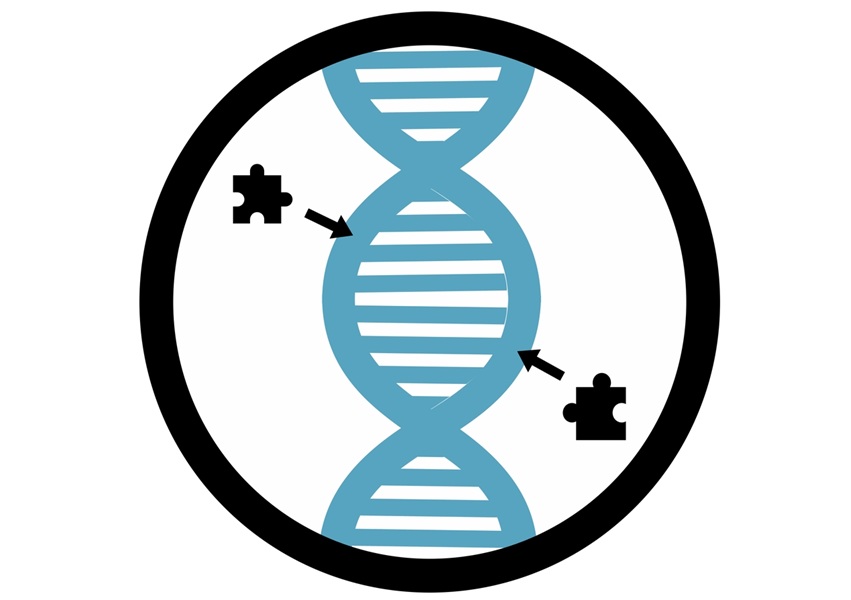Accuracy of Carrier and Newborn Screening for Cystic Fibrosis Enhanced
By LabMedica International staff writers
Posted on 05 May 2009
New insights have been provided into genetic factors affecting the accuracy and quality of cystic fibrosis (CF) carrier and newborn screening.Posted on 05 May 2009
One in 29 Americans of Northern European descent are asymptomatic carriers of the defective, or mutated, cystic fibrosis transmembrane regulator (CFTR) gene. A child whose parents are both carriers has a one in four chance of developing the disease.
"Since the CFTR gene was discovered two decades ago this year, scientists have acquired significant insights into the genetics of CF, one of the most common autosomal recessive genetic disorders," said Charles Strom, M.D., Ph.D., medical director of the genetic testing center of Quest Diagnostics Nichols Institute, the research, development, and testing services operation of Quest Diagnostics (Madison, NJ, USA). "Insights into the more than 1,500 mutations affecting the CFTR gene are enhancing the medical understanding of cystic fibrosis as well as the mechanisms of other genetic diseases."
Dr. Strom and his colleagues presented a patient with classic cystic fibrosis who exhibited previously novel mutations that included deletions, or the absence, of large parts of the CFTR gene. The investigators demonstrated that conventional screening techniques might not accurately identify both defective CFTR genes in patients who have inherited CFTR genes with large deletions. This could increase the potential that their family members are falsely identified as noncarriers.
Dr. Strom, lead investigator of the study concluded that comprehensive mutation analysis using DNA sequencing and exon deletions/duplications is therefore important to resolve apparent homozygosity (the false appearance that the patient inherited the same mutations from each parent) for novel and rare mutations, some of which are currently found in recommended testing panels.
Quest Diagnostics' scientists also analyzed one million specimens in the Quest Diagnostics database in order to identify rare genetic variants that are potential sources of testing error. The investigators, led by Victoria Pratt, Ph.D., FACMG, chief director, molecular genetics, Quest Diagnostics Nichols Institute, identified 11 instances of "allele drop-out," or failure to detect a targeted mutation, for an aberrancy rate of less than 0.01%. "We concluded that the recognition and enumeration of such variants along with clinical information in CF testing is valuable in avoiding false-positive and false-negative results," Dr. Pratt said.
These studies appeared in three articles published online on April 9, 2009, in the Journal of Molecular Diagnostics.
In addition, Quest Diagnostics, participated in a study coordinated by the U.S. Centers for Disease Control and Prevention's (CDC; Atlanta, GA, USA) Genetic Testing Reference Material Coordination (GeT-RM) to develop a set of genomic DNA reference materials for CF mutations not currently included in a 23-mutation test panel recommended for carrier screening by the American College of Medical Genetics (ACMG) and the American College of Obstetricians and Gynecologists (ACOG). These additional mutations are currently offered in half of the nearly dozen commercially available test panels on the CF testing market, which has grown significantly since ACMG/ACOG made their first CFTR mutation screening recommendation in 2001.
Quest Diagnostics is a provider of diagnostic testing, information and services that patients and doctors need to make better healthcare decisions. The company provides a broadest access to diagnostic testing services through its network of laboratories and patient service centers, and provides interpretive consultation through its extensive medical and scientific staff.
Related Links:
Quest Diagnostics
Centers for Disease Control and Prevention










 (3) (1).png)


